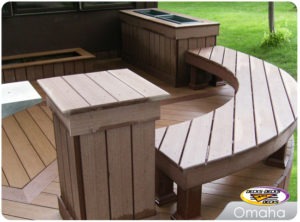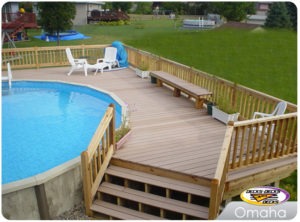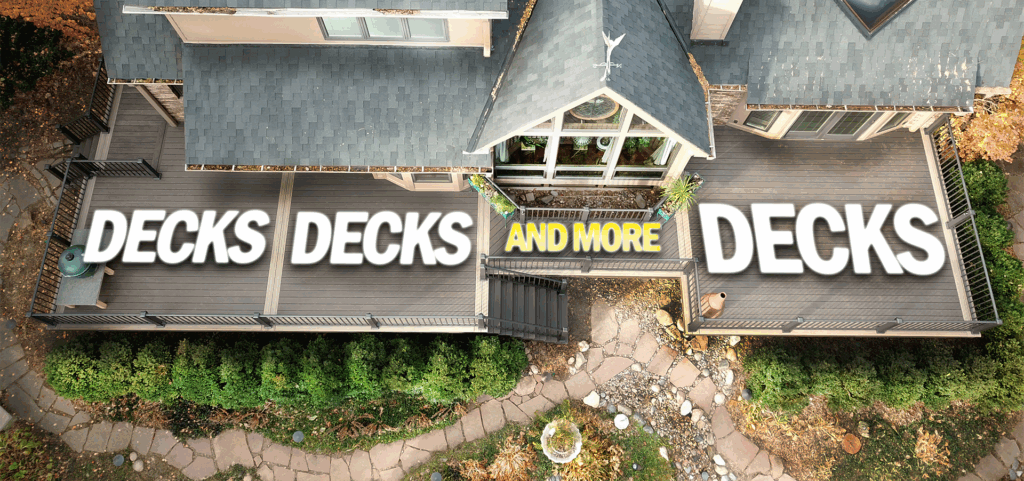How to Future-Proof Your Deck for the Next 20 Years
A deck is more than a backyard upgrade—it’s an investment in your home, your lifestyle, and your future. But too often, people build for the moment, not for the long haul.
If you want your deck to stand strong (and look good doing it) for the next 20 years, you’ve got to think beyond boards and bolts. You need smart materials, flexible design, and features that age like fine wine—not milk.
Here’s how to future-proof your deck and make it ready for the next two decades and beyond.
1. Use Materials That Actually Last
Let’s be real—wood is beautiful, but it doesn’t age well without constant care.
If you’re serious about longevity, go with capped composite decking or PVC decking. These materials are designed to resist:
-
Fading
-
Splintering
-
Moisture damage
-
Rot and insects
Plus, many high-end composites (like Deckorators or Trex Transcend) come with 25–50 year warranties. That’s peace of mind built into every board.
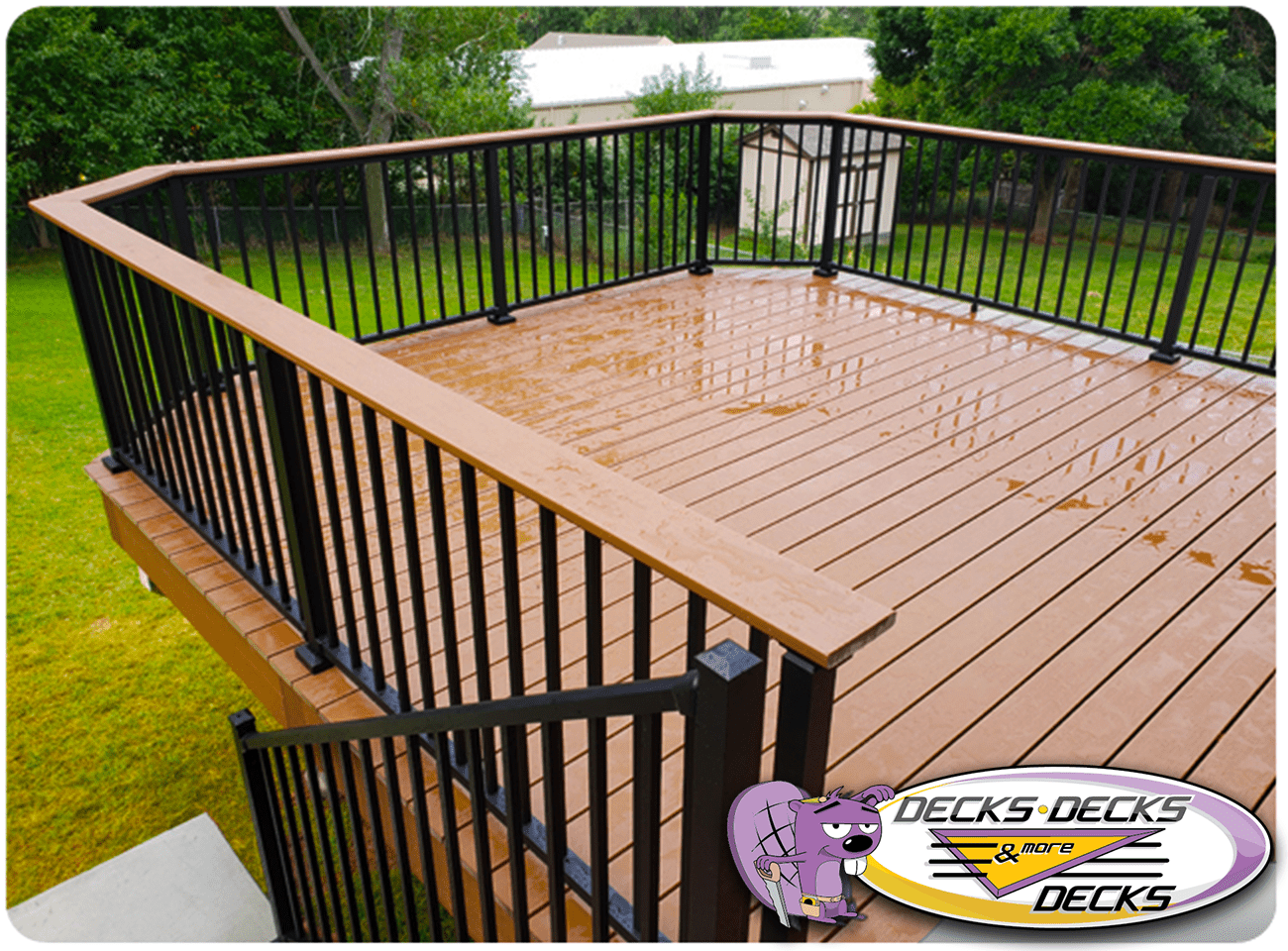
2. Design a Deck That Grows With You
Your deck should evolve with your lifestyle. That means thinking beyond what you need today.
Ask yourself:
-
Will you need shade, privacy, or extra seating in a few years?
-
Planning to add a hot tub, pergola, or outdoor kitchen someday?
-
Expecting kids, grandkids, pets, or big family gatherings?
Build with modular potential. Keep layout open, stairs wide, and railing systems that allow for easy upgrades.
3. Don’t Forget Drainage and Structure
A deck can look perfect on the surface and be rotting underneath. To avoid that:
-
Use under-deck drainage systems for multi-level builds
-
Install flashing where the deck connects to the house
-
Make sure framing materials are pressure-treated and up to code
Water is your deck’s worst enemy. Drainage is the unsung hero of longevity.
4. Low Maintenance = High ROI
Here’s the deal: if you have to stain, sand, or seal your deck every year, it’s not future-proof. That’s just a recurring chore.
Composite decking, aluminum railings, and fade-resistant lighting may cost more upfront, but they’ll save you time, money, and frustration for the next two decades.
Final Thoughts: Build It Once, Build It Right
A future-proof deck isn’t about chasing trends. It’s about making smart decisions now that will stand the test of time—functionally, aesthetically, and structurally.
So take a little extra time to plan, invest in quality, and think ahead. Because the best decks aren’t just built for today—they’re ready for whatever tomorrow brings.
 free estimates: (402) 690-1050
free estimates: (402) 690-1050
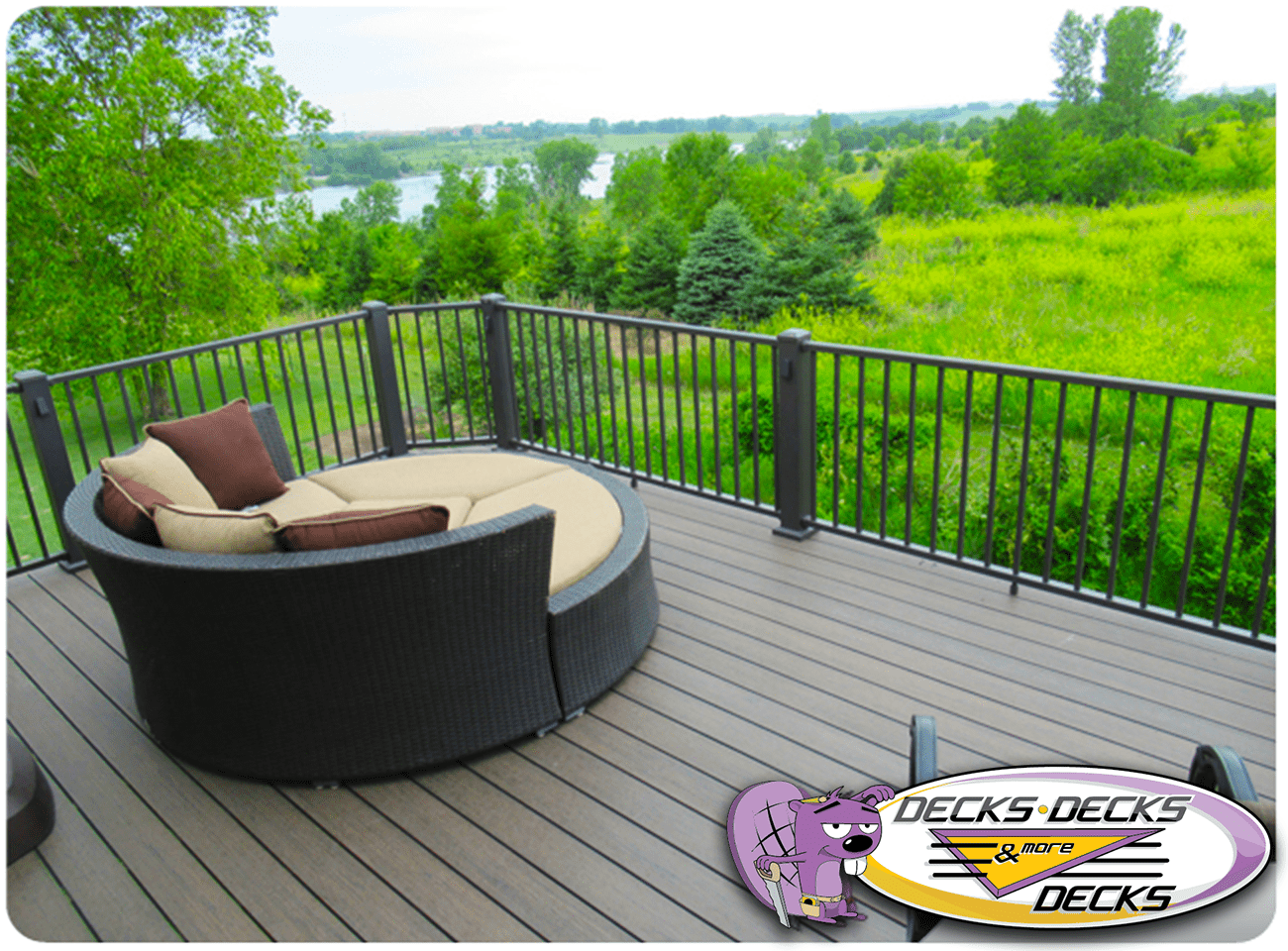
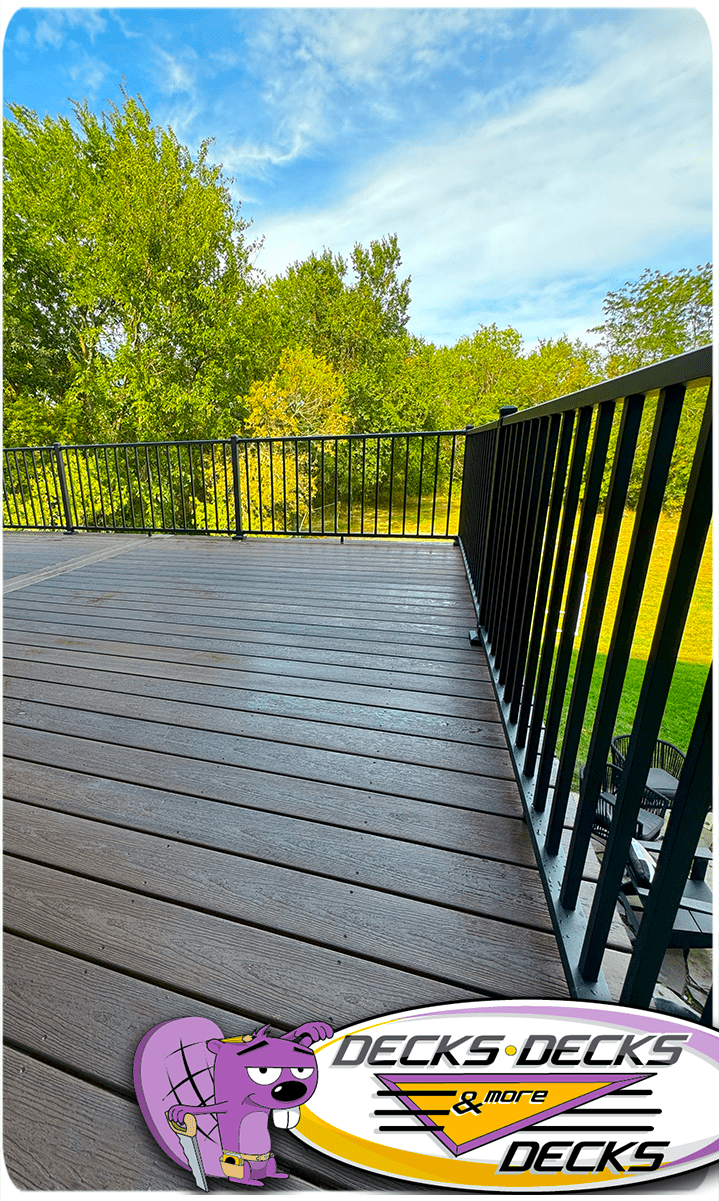
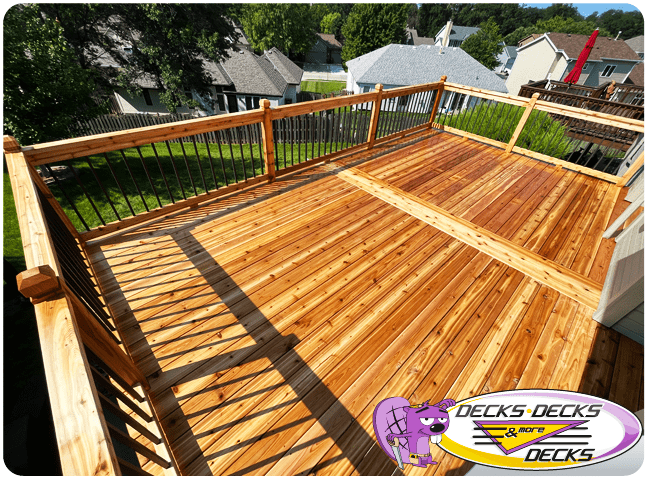
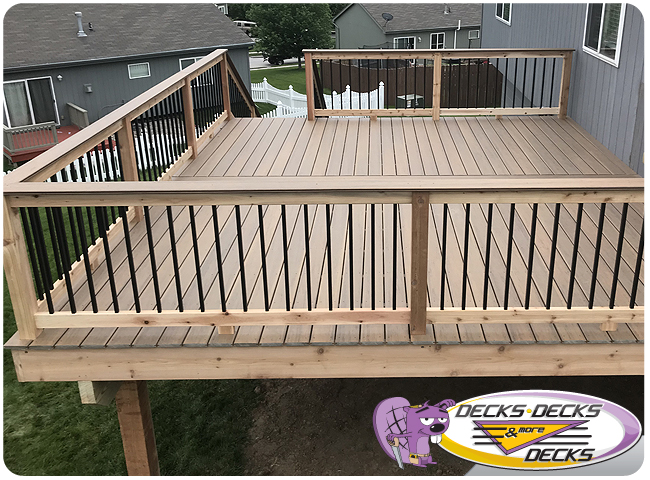
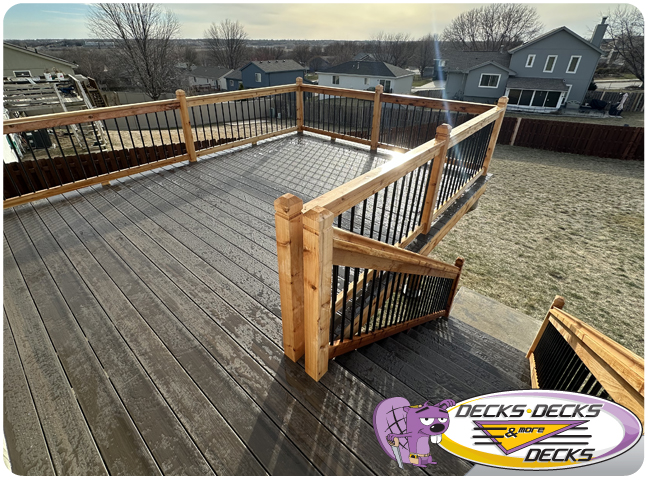

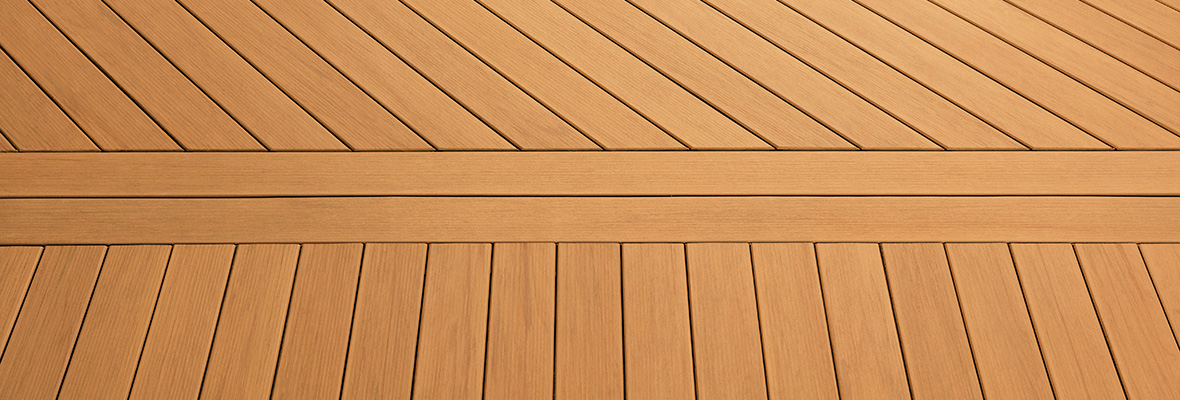
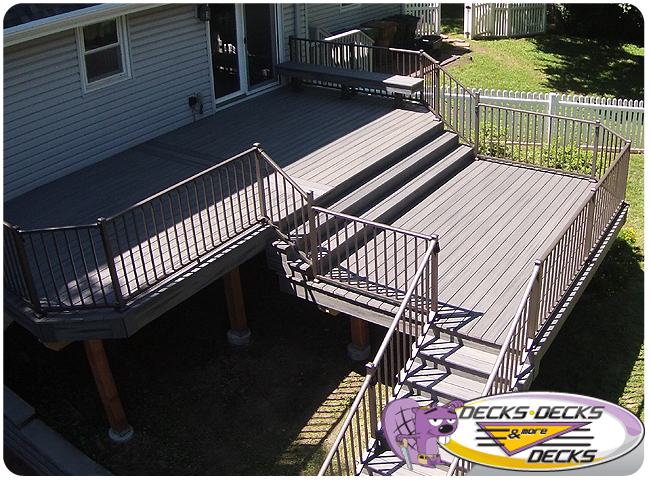
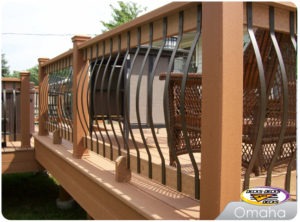 Deck balusters (sometimes referred to as spindles) come in a variety of different materials. From cedar, to composite to aluminum, your options are endless. Our professional custom deck designers and builders can help you narrow your choices, and select a baluster to fit your home and decking material. Many aluminum balusters come in different shapes and designs – including arcs, twists, and baskets. Additionally, lighting is also available in aluminum balusters.
Deck balusters (sometimes referred to as spindles) come in a variety of different materials. From cedar, to composite to aluminum, your options are endless. Our professional custom deck designers and builders can help you narrow your choices, and select a baluster to fit your home and decking material. Many aluminum balusters come in different shapes and designs – including arcs, twists, and baskets. Additionally, lighting is also available in aluminum balusters.